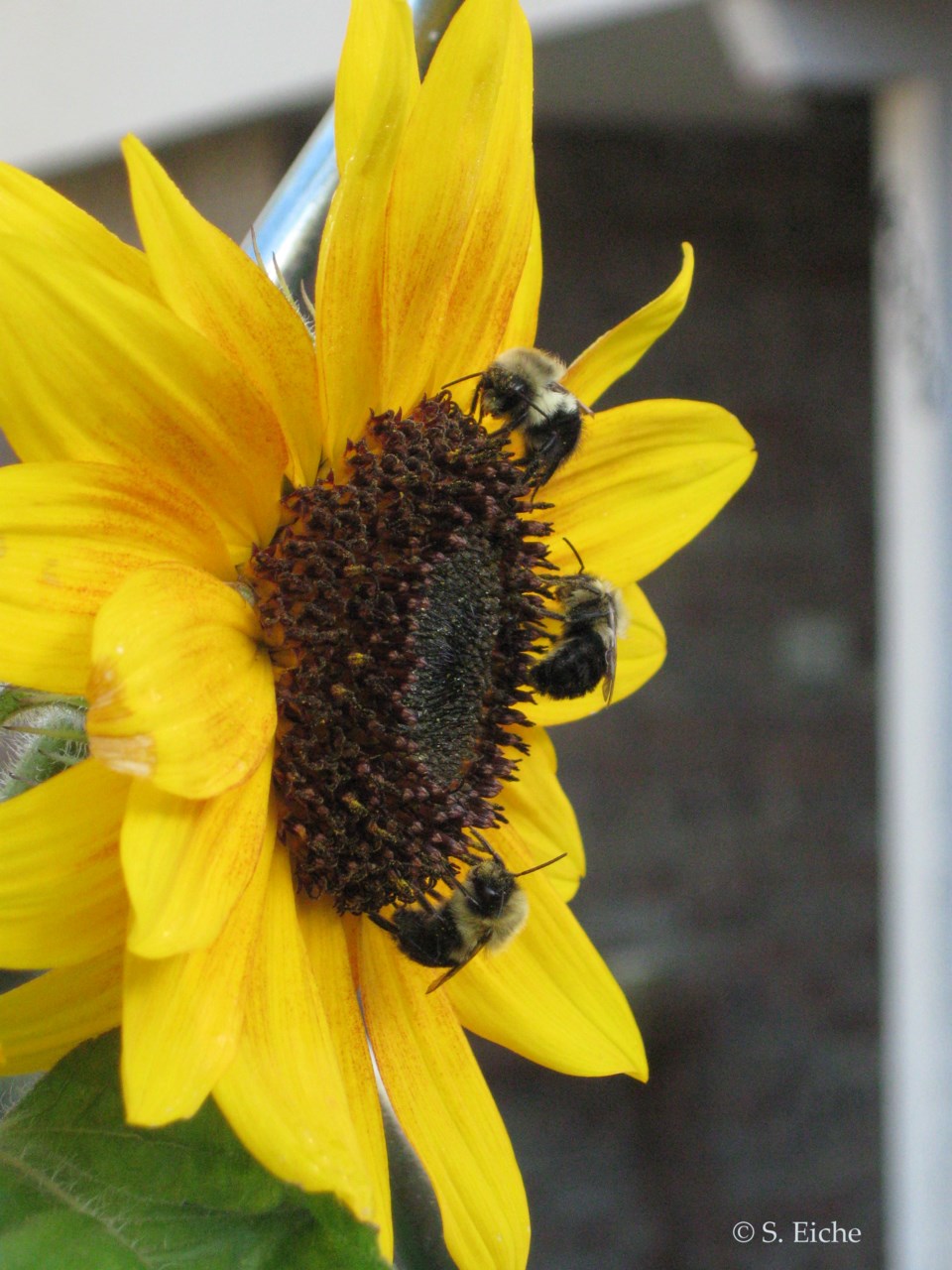Every now and then a writer comes along who can translate complex scientific information into language comprehensible to non-specialists. Ed Yong is one such writer, as becomes abundantly clear in his book, An Immense World. How Animal Senses Reveal the Hidden Realms Around Us, which came out in June 2022 (Richmond Public Library has several copies).
Basing himself on the research of scientists in various fields, Yong describes how animals use their particular senses to survive and thrive. I was fascinated to learn that their senses allow them to discern only what is essential to their survival, and that it’s just a tiny part of the entire sensory world, but which includes much of what we humans cannot discern. Yong refers to it as the animal’s sensory bubble and links it to a German word, “Umwelt,” a connotation popularized by the German biologist Jakob von Uexküll in 1909 (“Umwelt” is defined by ethologists — scientists who study animal behaviour — as the world as it is experienced by a particular organism). The literal meaning of “Umwelt” is the world around (us), and in common parlance, it signifies the environment.
A couple of months later, in the July/August 2022 issue of The Atlantic, Yong published “How Animals Perceive the World.” In this article he pays particular attention to the interferences that are the result of human-caused light and noise pollution:
“Our influence is not inherently destructive, but it is often homogenizing. In pushing out species that cannot abide our sensory onslaughts, we leave behind smaller and less diverse communities. And beyond polluting the world with unwanted sensory stimuli, we’re also removing natural stimuli that animals have come to depend on, flattening the undulating sensescapes that have generated the wondrous variety of animal Umwelten.”
Yong’s writings on the subject are thought-provoking. They’ve made me ponder many things, including our human “Umwelt” — in other words, our setting, our horizons, how we relate, how we fit in. In short, our context. And that has led me to conclude that we are steadily (and not so slowly) dismantling our Umwelt, or context.
Here’s a basic, straightforward example: many of us who live in a detached house have built fences or walls around the property, effectively isolating ourselves. The enclosure hides us from view as well as hiding the outward view from us. We’ve turned the focus on ourselves existing within a confined space, not on how we exist in the context of the neighbourhood.
Another example: when we’re out driving there are countless distractions, all vying for our attention — digital devices, screens with icons, lights flashing, blinking, blinding — making it difficult to focus fully on the road, taking in what’s in front of us and what’s to the side, everything that’s part of our Umwelt, or context, through which we are moving.
And what happens when we use our smartphones 24/7? Our context starts and ends with the barrier of that little handheld device. Our Umwelt has shrunk dramatically, to be encased by the rectangular frame of the smartphone.
Yet the human’s Umwelt is actually much broader than that of any animal. We are in a privileged position and have the opportunity to see and perceive so much of what constitutes our surroundings. Why disregard it?
Animals flourish in their sensory bubble when the conditions remain hospitable. Upset the balance and there are consequences, sometimes dire. Isn’t it the same for the human animal?
Sabine Eiche is a local writer and art historian with a PhD from Princeton University. She is passionately involved in preserving the environment and protecting nature. Her columns deal with a broad range of topics and often include the history (etymology) of words in order to shed extra light on the subject.



